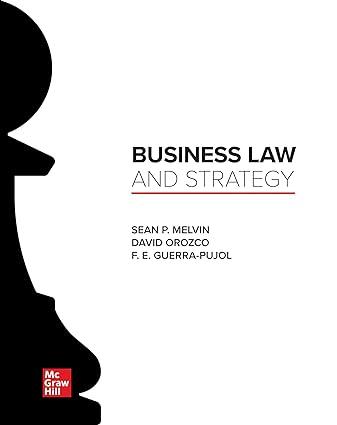The police received information that Yenzer, a fugitive, would be at a local dentists office the following
Question:
The police received information that Yenzer, a fugitive, would be at a local dentist’s office the following day. The police arrived at the dentist’s office in hopes of capturing Yenzer, but she was not there. The receptionist informed them that Yenzer’s appointment had been rescheduled for the next week. The police requested the exact date and time, and the dentist’s receptionist complied.
The police returned to the office at the rescheduled appointment time and arrested Yenzer when she arrived. Subsequent to her arrest, the police discovered evidence of additional crimes committed by Yenzer and charged her with various felonies. The Health Insurance Portability and Accountability Act (HIPAA) of 1996 prohibits dental offices from disclosing any information (including appointment times) about patients to third parties without the patient’s permission. At trial, Yenzer argued that all evidence discovered after the dentist office arrest should be excluded because the arrest was made as a result of a HIPAA violation.
CASE QUESTIONS 1. Is Yenzer’s dental appointment time protected by the Fourth Amendment? Why or why not?
2. Did the police go too far in this case by requesting confidential information from the dentist’s receptionist? Isn’t the exclusionary rule intended to deter unlawful conduct by authorities?
Step by Step Answer:

Business Law And Strategy
ISBN: 9780077614683
1st Edition
Authors: Sean Melvin, David Orozco, F E Guerra Pujol





